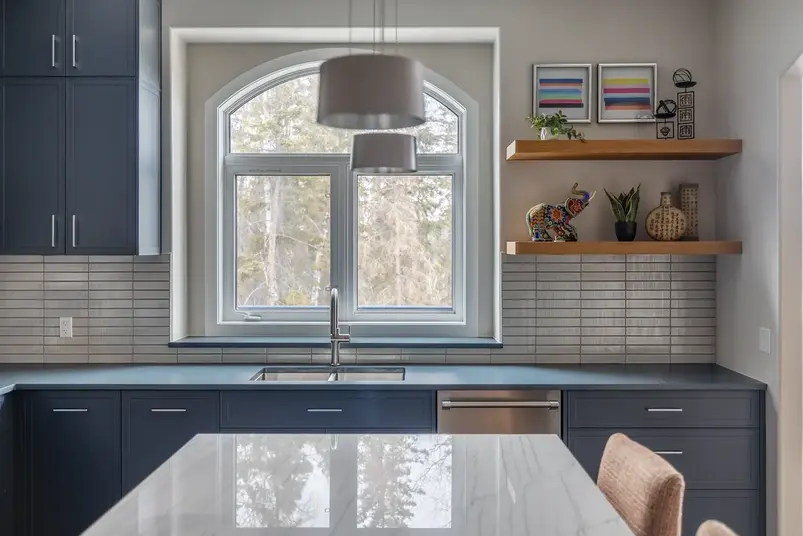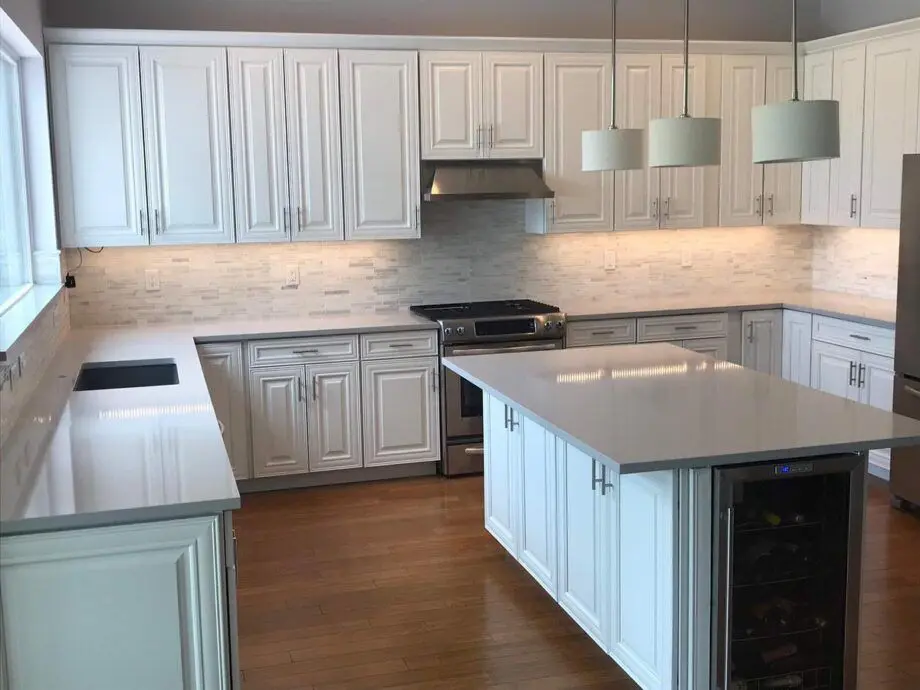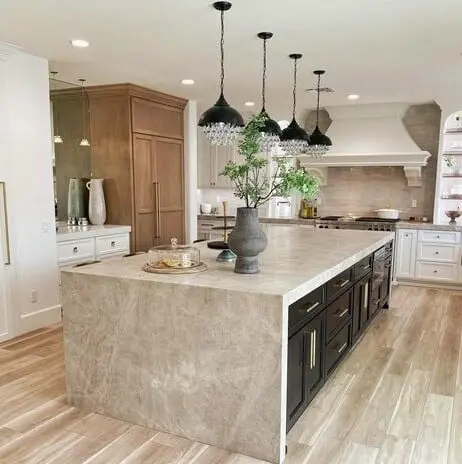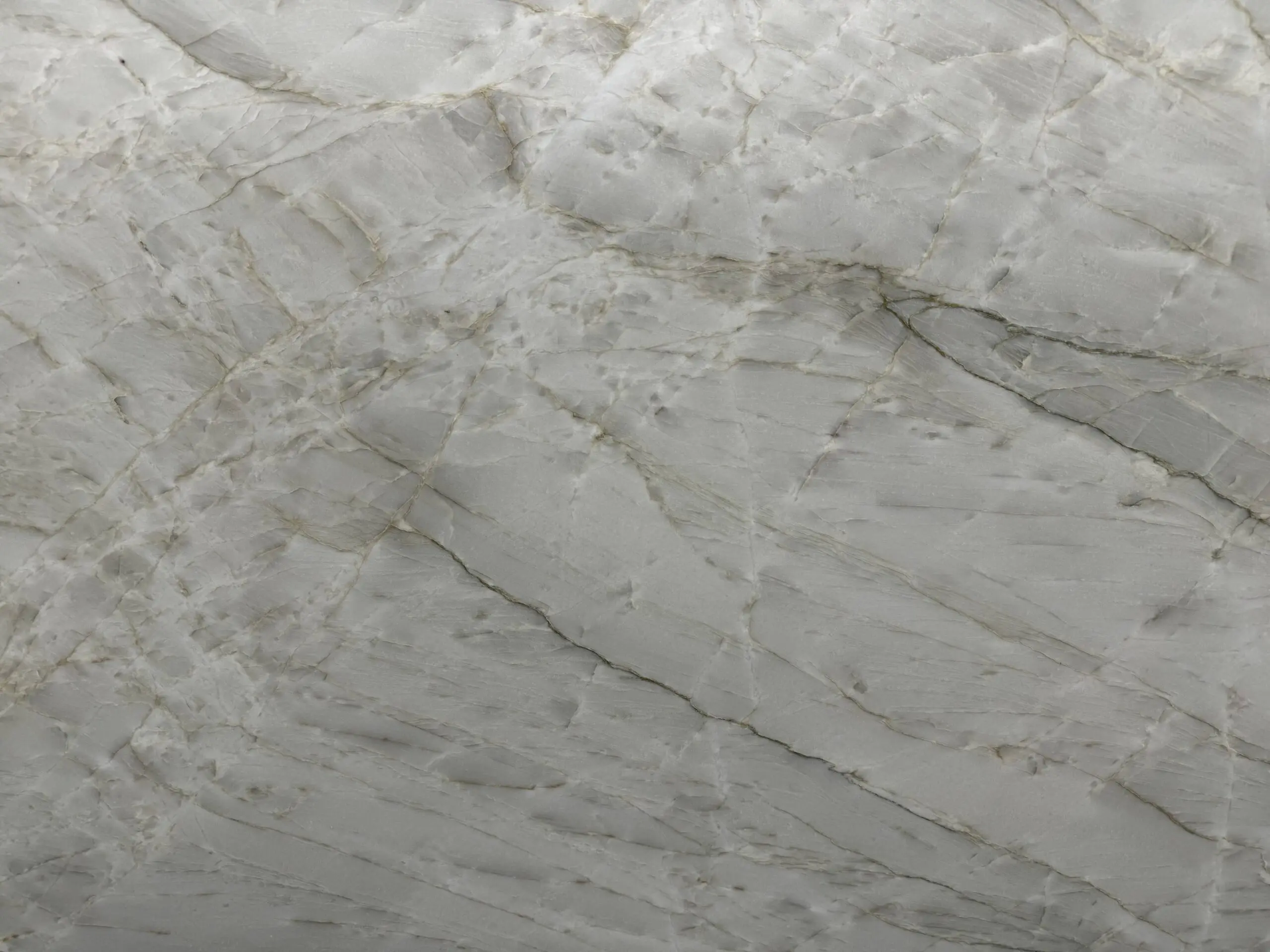When you’re planning a home renovation or working on your dream home project, choosing the right stone material can be a challenging task. The choice between Taj Mahal Quartzite and Marble is often a point of debate among homeowners and designers alike. This article aims to ease that decision-making process, offering you expert insights and practical advice. Let’s dive into the fascinating world of these two magnificent stones.
[ez-toc]

Understanding Stones for Home Décor
Different Types of Natural Stones
The world of stones offers a rich tapestry of choices. Granite, known for its durability; limestone, favored for its natural, earthy tones; marble, which exudes opulence; and Taj Mahal Quartzite, a blend of elegance and resilience. Each stone is carved by nature, uniquely tailored to cater to different needs and environments.
The Importance of Choosing the Right Stone
Beyond the visual appeal, your stone selection has long-term implications. It determines how often you’ll maintain it, how long it will retain its beauty, and how it could potentially elevate your home’s resale value. Therefore, balancing aesthetics with practical considerations becomes crucial.
Taj Mahal Quartzite: An Overview
Where It Comes From
Brazil, a land known for its rich stone reserves, gifts the world Taj Mahal Quartzite. At first glance, its resemblance to marble is unmistakable. However, beneath the surface, it harbors qualities that make it not only beautiful but also functionally superior in several applications.
Physical Properties
At its core, quartzite is sandstone that underwent metamorphosis. This transformation endowed it with remarkable hardness and decreased its porosity. Such physical traits render it a dependable choice for areas that demand both beauty and endurance.
Popular Uses in Home Design
Taj Mahal Quartzite is not just a pretty face. Its versatility allows it to grace various corners of a home. From serving as a resilient kitchen countertop to adding splendor to floors, it’s a designer’s delight, offering both function and form.
Marble: A Classic Choice
Origin
Marble’s timeless charm traces back to ancient civilizations in Italy and Greece. Revered for its sublime beauty, it became the preferred choice of royals and artists alike, shaping palaces and sculptures that still inspire awe.
Features
Marble’s distinct veining patterns and its ability to achieve a mirror-like finish have cemented its place in luxury design. However, its elegance comes with a caveat: it’s more porous than Taj Mahal Quartzite, demanding consistent care.
Where It’s Typically Used
Marble has been the muse of bathrooms and fireplaces for generations. While it does grace some kitchens, its relative fragility often makes designers think twice before placing it in high-traffic zones.
Taj Mahal Quartzite vs. Marble: What’s the Best Choice for Your Home?
Comparing Durability
While both stones scream luxury, Taj Mahal Quartzite has an edge in terms of durability. Its natural armor makes it less susceptible to scratches and stains, offering homeowners peace of mind.
Style Versatility
Both stones can elevate a space from ordinary to extraordinary. Marble brings with it a historical, timeless beauty, whereas Taj Mahal Quartzite offers a fresh, contemporary spin, making it appealing to modern homeowners.
Maintenance Requirements
Marble’s beauty requires pampering. Being more porous, it’s sensitive to acids and needs regular sealing. Taj Mahal Quartzite, on the other hand, is like the low-maintenance friend who always looks impeccable; it requires care, but less frequently.
Cost Factors
Price Ranges for Both Stones
Taj Mahal Quartzite might demand a higher initial outlay, but its enduring nature could mean fewer replacement costs in the future. Marble, while slightly more affordable upfront, may incur maintenance costs over the years.
Installation Costs
Both these stones are royalty in the world of home décor and thus demand skilled craftsmen for installation. While the process and care required are similar for both, homeowners should always factor in installation when budgeting.
Tips for Choosing Between the Two
Home Design Considerations
When envisioning your space, think of the ambiance you want to curate. Marble might offer you a slice of history, while Taj Mahal Quartzite can bring in a contemporary flair. It’s essential to choose a stone that sings in harmony with your overall design palette.
Questions to Ask Your Supplier
Engage in a thorough discussion with your supplier. Understand the pros and cons of each stone, delve into durability specifics, maintenance schedules, and available warranties. Knowledge is the key to a choice you’ll cherish for years.
Pros and Cons
Taj Mahal Quartzite Pros and Cons
While Taj Mahal Quartzite is celebrated for its durability and easier maintenance regime, it might weigh a bit heavier on the pocket initially. Yet, many believe the investment is worth the long-term benefits.
Marble Pros and Cons
Marble stands as an emblem of classic beauty and has charmed generations with its elegance. However, this beauty often needs a bit more care, making it essential for homeowners to weigh its visual appeal against its maintenance needs.

quartz kitchen countertops
FAQs
Can Taj Mahal Quartzite and Marble be used in the same room?
Yes, they can be, but careful planning is needed to ensure a harmonious look.
Are these stones safe for kitchen use?
Yes, both are safe for kitchen use, although Taj Mahal Quartzite has the edge in terms of durability and ease of maintenance.
How often do these stones need to be sealed?
Taj Mahal Quartzite typically needs less frequent sealing than marble, which should be sealed every one to two years.
What cleaning agents are safe for these stones?
Neutral pH cleaners are best for both Taj Mahal Quartzite and Marble.
Do these stones increase home value?
Absolutely, both can significantly boost the value of your home, owing to their aesthetic appeal and durability.
Conclusion
Choosing between Taj Mahal Quartzite and Marble for your home is no small feat. Consider your lifestyle, aesthetic preferences, and budget to make an informed decision. Both stones have their own sets of pros and cons, but at the end of the day, it’s about what feels right for you and your home. Good luck with your home project!


